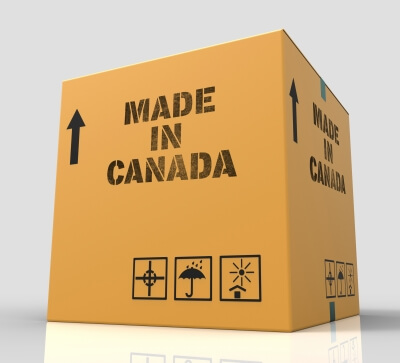
As states pursue a wide range of legislation to address rising drug costs, four more states have joined Utah and Vermont to introduce bills to import prescription drugs from Canada through a state-run, wholesale operation.
This market-based approach to providing more affordable medicines from Canada, where prescription drugs cost on average 30 percent less than in the United States, is appealing to a politically diverse group of states, and is currently under review by legislators in:
- Colorado (S 80);
- Missouri bill studies the creation of an importation program (SB 722);
- Oklahoma (SB 1381);
- Utah (HB 163);
- Vermont (S 175); and
- West Virginia (HB 4294).
A fiscal analysis recently completed in Utah indicated the potential for millions in reduced spending due to the significant price differences between certain products sold in the United States and Canada. This month, NASHP is convening state legislative sponsors to share information and expertise about the importation policies in their states. Many of the importation bills currently under review are based on National Academy for State Health Policy’s (NASHP) model legislation.
If an importation bill passes in a state legislature and is signed into law by the governor, the next step is to seek certification from the US Health and Human Services Secretary Alex Azar by proving that the state’s importation program meets federal requirements to ensure both product safety and consumer savings.
NASHP’s model legislation was designed to meet federal requirements by taking the form of a state-administered system of wholesale importation and distribution limited to pharmaceuticals from Canada. States can decide whether to purchase lower-cost drugs for public programs only, or to expand the importation initiative to also serve commercial health plans.
The program’s imported drugs would be safe and would produce savings because a state would:
- Select only Canadian suppliers who are licensed and regulated under Canadian law;
- Select only drugs to be imported that are already approved for the Canadian market;
- Provide the drugs only to distributors, pharmacies and other dispensers, and health plans, that volunteer to participate in the program. Participants would agree to purchase and reimburse drugs at the import price and patients would share the cost savings and pay the import price as well. The imported drug costs would be made publicly available to create greater drug pricing transparency for consumers;
- Ensure that the imported products are distributed in-state only; and
- Monitor/audit the system for compliance, safety, and savings.
Resources for states considering developing importation programs are available at NASHP’s Center for State Rx Drug Pricing or by contacting Jane Horvath, jhorvath@nashp.org



